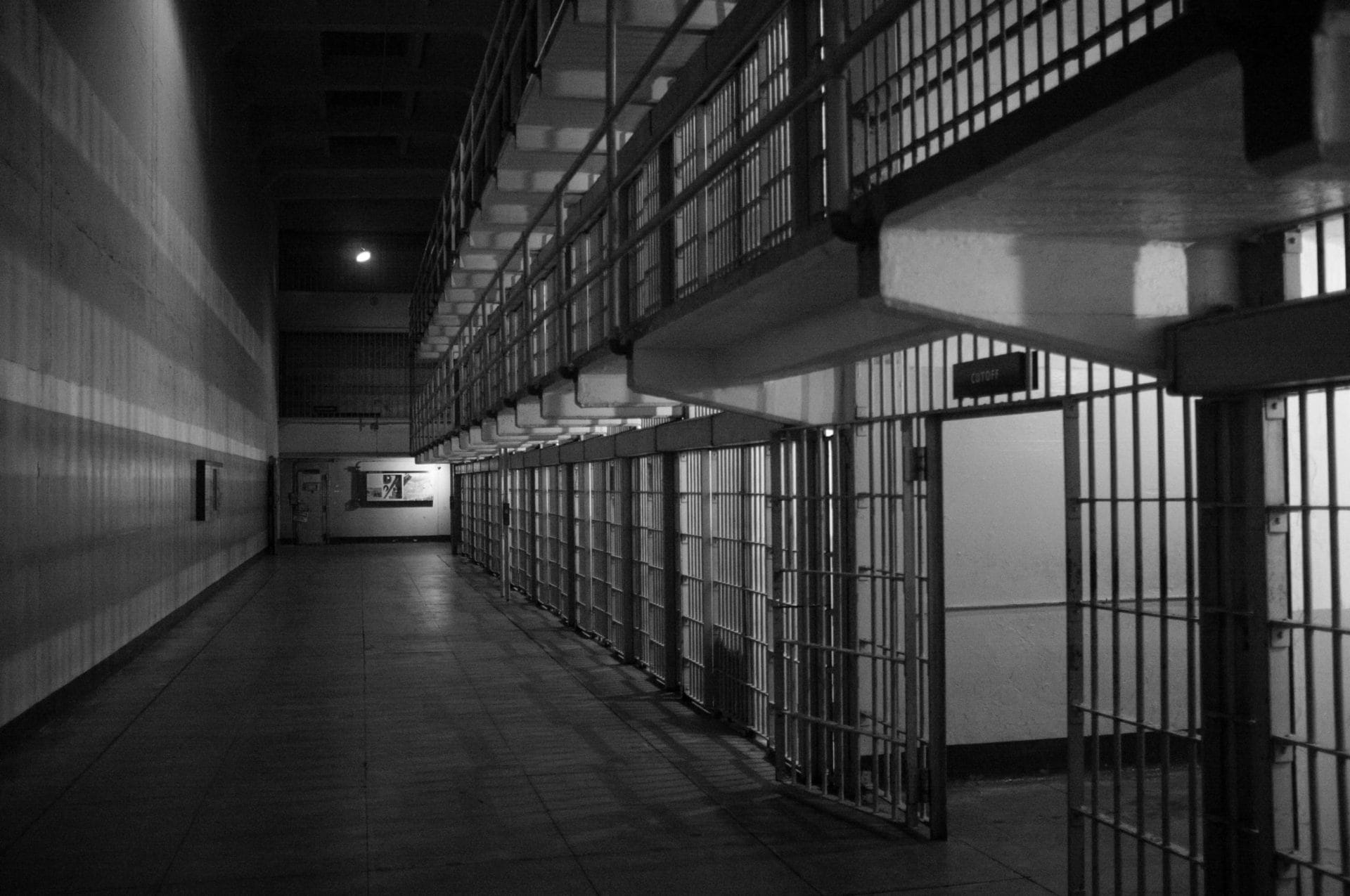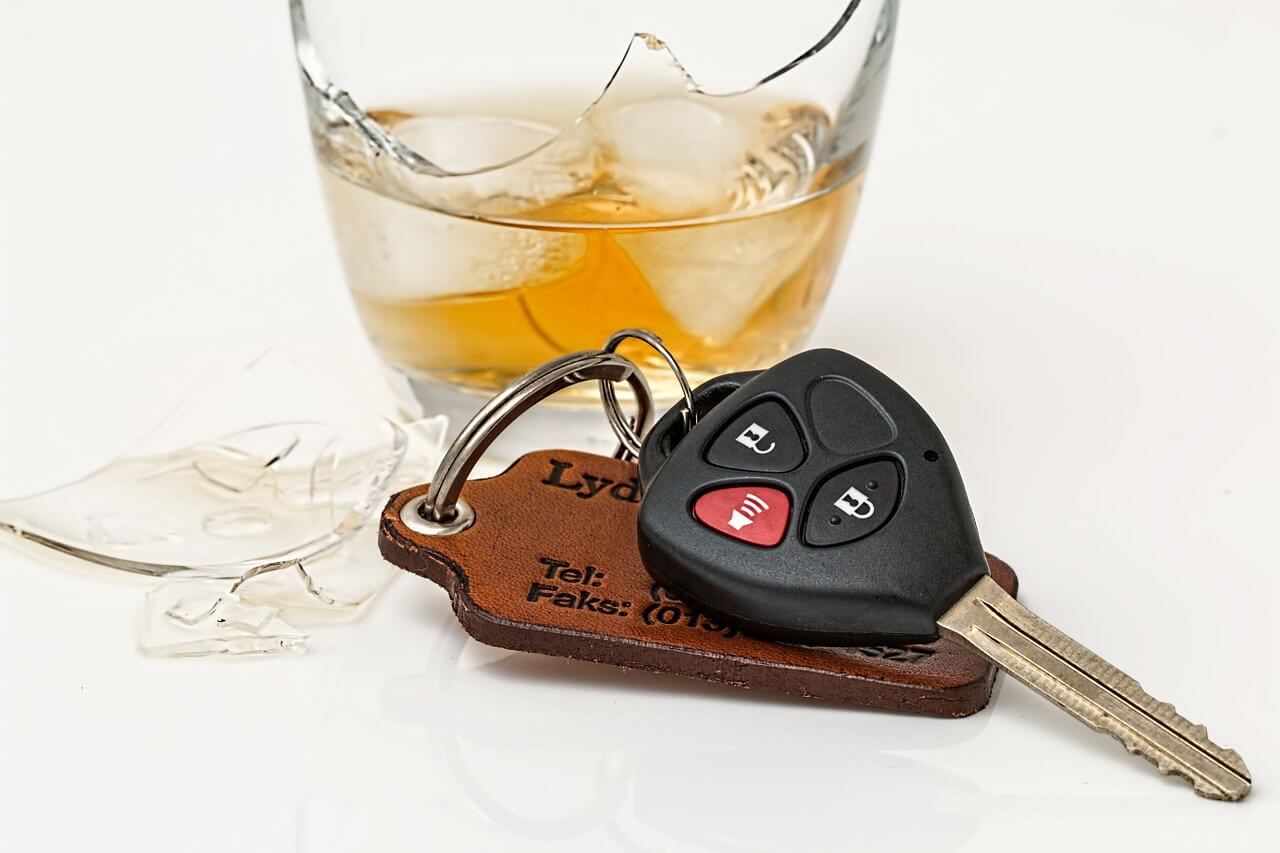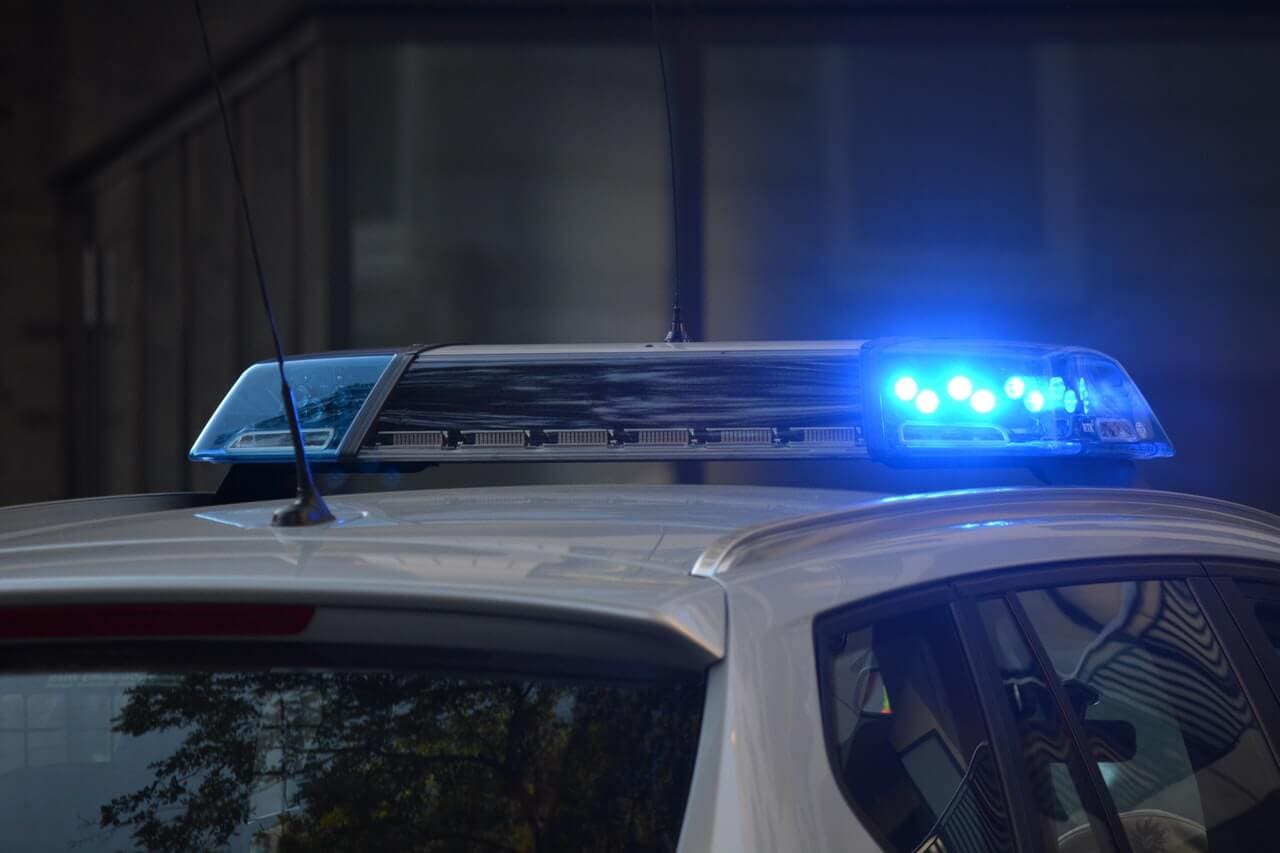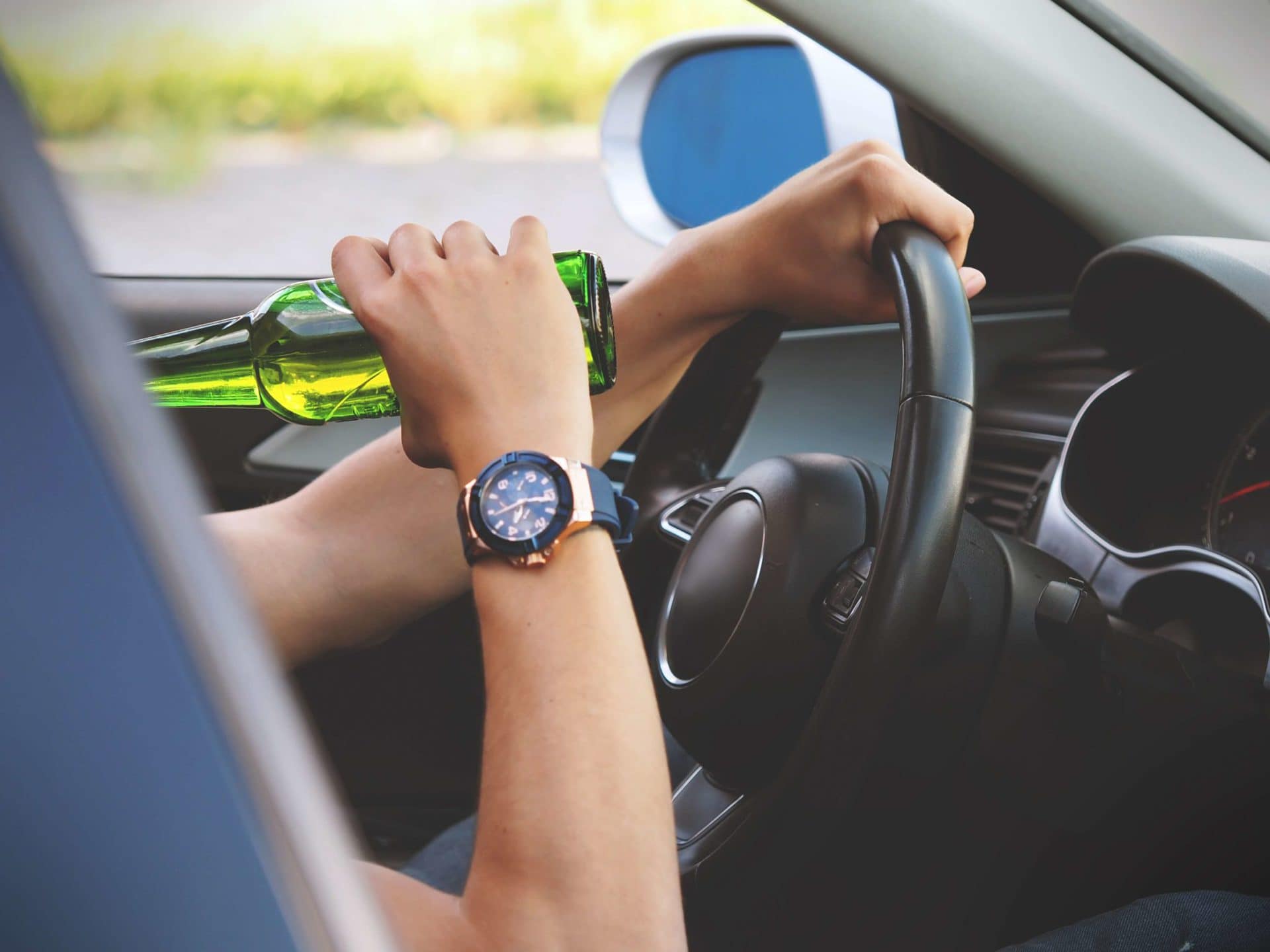DUI in NC? Here are the top # questions our lawyers are asked.
The following is a collection of frequently asked questions that many of our clients asked regarding a Driving While Impaired (DWI) charge. Although this is a large list, it is by no means a definitive list of all questions regarding a DWI charge. If you have been charged with a DWI, don’t hesitate to contact us for a free consultation on your DWI charge.

Chapter One
Will I Go to Jail if I am Convicted of a DWI in North Carolina?
While jail time is a possibility for any person convicted of a DWI, the realistic likelihood of jail time depends on a whole number of different factors. The vast majority of people charged with their first DWI are not sentenced to do any active jail time. Jail time is more likely for a person with prior DWI’s, a child in the car, an accident which causes injury to another person, or driving on a license which is suspended for a DWI.
We realize that a possible jail sentence looming over our clients head can cause lost sleep and a lot of anxiety so we try to address the likelihood of any jail time resulting from a DWI in our initial consultation.
What are the Consequences of a DWI in North Carolina?
Our law firm is in the business of providing information to clients. Information is power. Knowing the consequences that can stem from a DWI charge allows for preparation and planning. Living in fear of the consequences of a charge is not helpful.
Moreover, before reading over these consequences, remember that this charge is not going to ruin your life. Understand the consequences so you can plan how to move forward with your life.
DWI Consequences: Jail
As explained in our FAQ on jail time, jail can be a consequence of DWI.
DWI Consequences: Courtroom
Beyond jail time there can be numerous requirements that a judge can require as part of a DWI conviction:
Probation
A judge can require a period of probation. Probation can bet either supervised (where a probation officer is involved) or unsupervised (where there is no probation officer involved).
If supervised probation is required, a person convicted of DWI might be required to: have regular meetings with their probation officer, maintain employment, submit to random drug or alcohol screens, and receive no further criminal charges during the period of probation.
Community Service
Alcohol Assessment and Treatment
Continuous Alcohol Monitoring

DWI Consequences: Driving
There are many driving consequences that can arise from a DWI. The length of suspensions related to DWI and the requirements for license reinstatement vary greatly depending on a number of factors, including: prior DWI charges, the blood/breath alcohol concentration (BAC) at the time of the DWI charge, and whether the driver’s license was suspended at the time of the charge.
For first offense DWI cases in North Carolina, a person’s license will be suspended for one year. Most people convicted of their first offense will be able to get a limited driving privilege that will allow them to drive for work, educational, treatment, and religious purposes. The judge may also be able to give driving privileges for household purposes (errand running functions). The time frame of eligibility for this privilege depends on the circumstances of the particular case.
A driving privilege is a paper court order (not a plastic license) and is what allows a person to driving in North Carolina during a period of license suspension. A driving privilege allows for driving for specific purposes during set time frames and a carefully drafted driving privilege is essential for achieving the maximum mobility during a period of license suspension.
DWI Consequences: Employment
Whether or not your job will be impacted by a DWI depends on a myriad of factors. Some employers draw a clear line in the sand when it comes to firing or refusing to hire a person convicted of a DWI (ex. Military, government, jobs that require CDL, jobs that require operating a company vehicle). However, many employers are much more in the gray when it comes to the impact a DWI conviction has when it comes to evaluating potential job applicants.
My advice is that if you are interested in a job, then apply. Don’t screen yourself out of a job because you believe that you are unhirable due to a DWI conviction. You might be surprised how uninterested a potential employer is in your DWI conviction.
Also, many clients ask if they should report a DWI charge or conviction to an employer. I think this depends in a large way on your relationship with your employer/supervisor. If you have a co-worker, manager, or union representative that you feel comfortable sharing this information with to get some guidance that might be advisable. Also, be aware that many larger companies may have requirements for reporting a DWI conviction, so reference your companies employee handbook for reporting requirements if such a handbook is available.
We also frequently get asked if the court or probation officer will report a conviction directly to an employer. In my experience there has generally been no contact of employers by court personnel.
At the end of the day, you know your employer best so use good judgment on if, when, and how to report a DWI to an employer.

DWI Consequences: Education
A DWI can impact your higher education opportunities. However, like most employers, I think most educational institutions are going to view a DWI as one factor among many when evaluating a potential applicant, and not use a bright line model where anyone with a DWI conviction would be rejected. Don’t let a DWI conviction prevent you from applying to college.
For anyone with a scholarship, a DWI conviction can cause the loss of financial aid. Look at the scholarship requirements to determine what if any impact a DWI would have on the ability to keep or reapply for that scholarship.
DWI Consequences: Time
Time is another significant consequence of a DWI charge. A person facing a DWI charge can spend vast amounts of time in court, completing community service, completing alcohol treatment classes, meeting with an attorney, meeting with a probation officer, waiting on others to help with transportation (for those without driving privileges), and anxiously worrying about the many unknowns related to their case.
The best way to minimize the amount of lost time related to your DWI charge is through careful planning and being informed about your case.
DWI Consequences: Money
The financial consequences of a DWI are significant and can include: attorney’s fees, court costs and fines, increases in auto insurance premiums, the cost of obtaining an alcohol assessment and completing any recommended treatment, continuous alcohol monitoring, inpatient treatment, and impact on employment.
Knowing the short term and long term financial impact of a DWI is crucial to making informed decisions about your case.
DWI Consequences: Carrying a Concealed Weapon
If convicted of a DWI a person will lose their ability to obtain a carrying concealed handgun permit for three years.
DWI Consequences: Criminal Record
If you are convicted of a DWI in North Carolina, the conviction remains permanently on both your North Carolina Driving Record and criminal record, under our current laws. If the DWI is dismissed or you are found not guilty, it is possible to remove the DWI from your criminal record if other conditions are satisfied.
When Can I Drive After a DWI?
Dealing with the aftermath of a DWI? Here are 7 facts you need to know about when you can drive again:
- If a person’s license is revoked for 30 days as a result of a DWI, such a civil revocation can be contested in Court if a notice requesting a hearing on the 30 day revocation is filed within 10 days of the date of the civil revocation taking effect (which is normally the same day as the DWI arrest).
- Generally, even if no hearing is requested or is requested and denied by the Court, a person would be eligible for a pretrial limited driving privilege on the tenth day following the charge.
- This allows you to drive during the final 20 days of the initial 30 day civil revocation. The privilege expires at the end of the 30 day civil revocation and will no longer be valid after that time.
- Driving outside of the times, purposes, and locations allowed in the privilege is equivalent to driving with a revoked license.
- A pretrial limited driving privilege is a zero tolerance privilege, meaning that if you are pulled over with any level of alcohol in your system, the privilege may be found to be invalid.
- The cost of driving for this 20 day period is $100.00 payable to the clerk of court in the county of the charge.
- After 30 days you can and should get your license reinstated, even if you have received a limited driving privilege. The pretrial limited driving privilege is only valid for the final 20 days of the initial 30 day revocation, and it will be necessary to reinstate your license once 30 days has passed.
Should I Get a Lawyer for a DUI?
A DWI charge is a serious charge in North Carolina that carries with it an array of potential consequences including jail, fines, probation, license suspensions, community service, alcohol treatment, alcohol monitoring (i.e. court ordered sobriety), ignition interlock systems for driving, increased insurance rates, career impact on either current or future job opportunities, and lots of added stress.
How can a lawyer help you on your DWI case? Here are just a few ways:
- As a Legal Guide – an experienced DWI attorney will help you navigate the laws and consequences surrounding your charge. At the end of the day, you are trying to reach the best possible outcome on your case; a lawyer can help you achieve that outcome by giving you the strategy, the game plan for moving forward.
- With Complete Information – if you have a question about anything related to your case, you need an attorney that has the answers and is responsive. Your lawyer is in the business of providing information. Ultimately you call all of the shots on your case. Should you plead guilty or take the case to trial? Your choice. Should you switch insurance companies? Your choice. Should you have a continuous alcohol monitoring device installed before court? Your choice. While you call the shots, your attorney’s job is to explain the options available and the pros and cons of each. To make informed choices about your case, you want an attorney that provides you with the best possible information.
- With the Driving Consequences – the driving consequences surround a DWI in North Carolina are convoluted and an attorney worth his salt can explain these clearly. An attorney can also help you apply for pre-trial and post-conviction limited driving privileges.
- Gathering Evidence – gathering evidence related to your case may be critical to determining whether or not to take your case to trial and deciding what attack points you have in your defense. Obtaining discovery (the sharing of information between the State and the Defendant) is often like pulling teeth in North Carolina. Your attorney will know how to request and obtain video (from the intoxilyzer room at the jail, the dash camera, and body camera), officer reports, and other forms of evidence that may be necessary for defending your case.
- During the Trial – if your case goes to trial it is essential to have an experienced DWI trial lawyer defending you to give you the best chance of success. It’s important to start your journey with an attorney that has trial experience so that you can properly evaluate your best options at each stage of the case. An attorney that has never tried a DWI is going to have a more difficult time advising you on your chances of success at trial as well as helping you prepare for court.
Should I have been read my Miranda Rights during my DWI Arrest?
Many people are shocked when an officer arrests a person without reading Miranda rights and wonder about the legal impact of the failure to advise Miranda rights.
Generally, a suspect’s oral or written statements that are made after arrest and in response to an officer’s question, are protected by Miranda (i.e. if no rights advisement then the statement itself would be potentially inadmissible in evidence).
In the context of a DWI arrest, the lack of Miranda warnings is not likely to result in a dismissal of charges. Most of the time statements made by a DWI suspect after arrest are not particularly important in the State’s prosecution. The suspect’s statements and field sobriety tests prior to arrest combined with a blood or breath alcohol result may be enough for the State to proceed to trial on a DWI charge.
If there is a question about who was driving the vehicle or whether the suspect has consumed alcohol since driving then the proper advisement of Miranda rights may be important for questions related to these issues asked by police after a DWI arrest.

Chapter Six
What is the Difference Between DUI and DWI in North Carolina?
Driving Under the Influence (DUI) and Driving While Impaired (DWI) are effectively synonymous terms in North Carolina. While some states have separate charges for both DUI and DWI, in North Carolina the officially terminology is Driving While Impaired and in state court there is no such thing as a DUI charge. If you are charged on federal land or in the National Park in North Carolina then you may be charged federally with DUI.
































